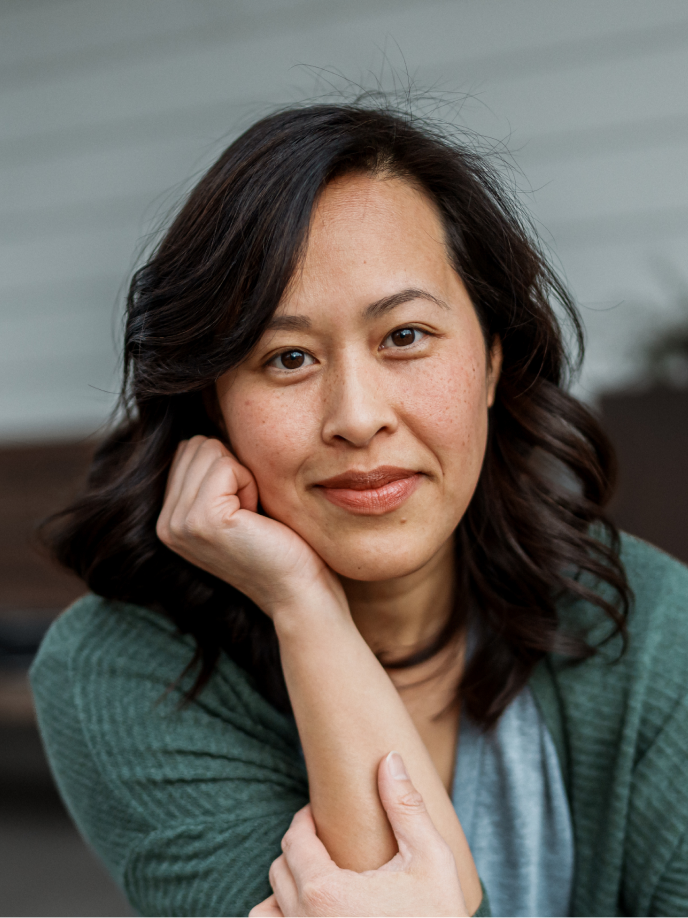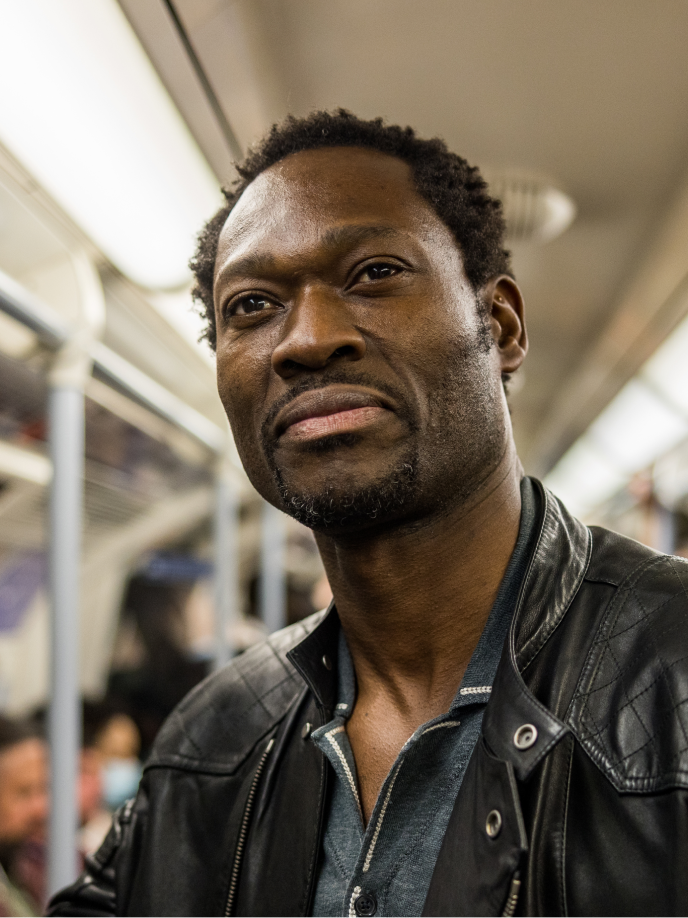Quitline FAQs
Participants who enroll in the Quitline gain access to numerous program offerings. Based on their needs and communication style, participants can create a program that will work for them. These program offerings include:
- Coaching by phone and additional support via email, text or instant message. Our standard program includes up to five proactive coaching sessions, and the potential for some additional support where appropriate. Our coaches are available to participants seven days a week.
- Full pharmacotherapy program including nicotine replacement therapy (NRT) provisions and coordination of pharmacy benefits.
- Planning and educational materials (online or on paper) to help participants map out their road to quitting tobacco.
- Membership in an online community of others who are working hard to become tobacco free.
- Clinical oversight and extensive training of coaches and staff by National Jewish Health faculty.
The Quitline is a free quit program. Program costs are paid for by the public health department, health plans or employers,
because they want to help people improve their health. If the participant chooses to use
nicotine quit medications, they may receive 2 weeks of medication for
free.
The Quitline works with individuals from all communities. We enroll an average of 180 participants per day from all over the United States. We have specialized protocols for many priority populations, including American Indians/Alaskan Natives, teens, and pregnant or postpartum women.
We have one of the highest success rates in the country, with a 37% responder quit rate for those who use coaching and NRT and a 90 percent participant satisfaction rate. The Quitline is operated by National Jewish Health, a not-for-profit academic medical center known for its expertise in prevention and treatment of chronic disease. National Jewish Health is rated the top respiratory hospital in the nation. We’re experts in creating permanent behavior change through personalized coaching programs.
Our evidence-based programs are proven with clinical outcomes that meet or exceed national standards. And we reinvest all profits from our programs to further scientific and medical research.
The quickest way to refer a patient is to complete a
Web Referral. Or, if you’d like to learn more about our
eReferral, please contact us.
Our coaches must have a bachelor's or master's degree in social work, psychology or other health related area or equivalent clinical experience. Coaches complete the Tobacco Treatment Specialist Training Program accredited by the Council on Tobacco Treatment Training Programs (CTTTP). This is an extensive training program with standards for core competencies, training, and credentialing of tobacco treatment providers. Our coaches are among the most experienced in the country at providing remote coaching, due to the large volume of participants we help every day.
Participants do not have to work with a coach—they can instead choose to use our website and planning and education
materials via our Online Only program. However, working with a coach and using quit medications increases the chances of
your patient quitting. Learn more about the different
Quitline programs.
Participants work with tobacco quit coaches over the phone and they can choose to receive additional support via email, text,
or instant message—whichever way is convenient and comfortable for them. As part of the Quitline program, a coach will contact
the participant up to 5 times to check in and see what support they need. Participants also can reach out to their coach as
often as they need.
Join Our Program At Anytime
It only takes five minutes to start a new chapter in your quitting journey




